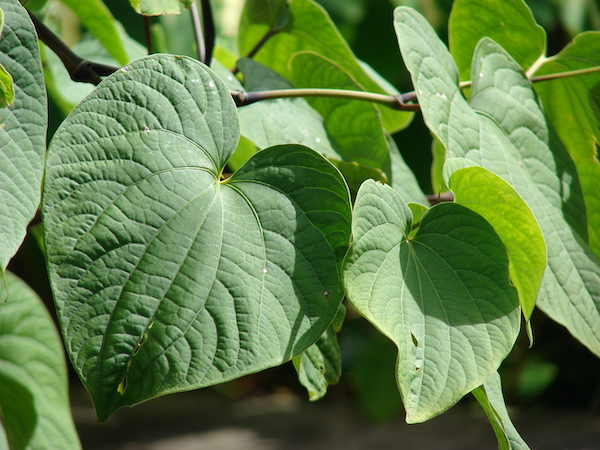The quest for natural solutions to manage anxiety and improve sleep has never been more relevant in our fast-paced world. Kava, an herb native to the Pacific Islands, is rapidly gaining popularity because of its potential to enhance modern wellness practices. This post delves into how incorporating kava into daily routines can help soothe the mind and ensure a restful night, offering a serene escape from the bustle of everyday life.

Understanding Kava
Kava, or Piper methysticum, is a plant in Pacific Ocean cultures primarily known for its calming effects. Traditionally consumed during ceremonial events in places like Fiji and Vanuatu, kava is made from the plant’s roots, ground into a powder, and mixed with water to produce a drink with sedative and anesthetic properties.
In contrast to its traditional use, kava is now embraced globally as a dietary supplement available in various forms, including capsules, teas, and tinctures. Its key active ingredients, known as kavalactones, are responsible for its psychoactive qualities, which influence the central nervous system to promote relaxation.
Kava and Anxiety Management
Anxiety disorders represent the most common form of mental illness in the U.S., affecting millions of people. While there are numerous treatments for anxiety, including therapy and pharmaceutical drugs, an increasing number of individuals are turning to natural remedies like kava.
The efficacy of kava in reducing anxiety is not just anecdotal; numerous studies support its benefits. Research suggests that kavalactones may reduce anxiety by modulating pathways in the brain similar to pharmaceuticals but with fewer side effects. This makes kava an attractive option for those seeking a natural approach to anxiety management.
Kava as a Sleep Aid
Sleep disorders plague a large portion of the adult population, with many struggling to achieve restful sleep regularly. Here, too, kava offers promising benefits. Its natural soothing properties can help quiet the mind and ease the body into a state conducive to sleep.
Scientific studies corroborate the sleep-enhancing benefits of kava. It has been shown to reduce the time to fall asleep and improve sleep quality without the grogginess often associated with chemical sleep aids. This makes kava a viable option for those looking to improve their sleep hygiene naturally.
The Importance of Kava’s Quality
Kava’s effectiveness and safety depend heavily on its quality. The best kava is typically sourced from noble kava plants, focusing on the optimal kavalactone concentrations of root parts. Products derived from other parts of the plant, like leaves or stems, can contain harmful compounds and are generally less safe. Therefore, selecting kava from reputable sources is crucial.
When buying high-quality kava, it is essential to check the source and choose suppliers known for their integrity. Product labels should clearly state which part of the plant was used and its origin. Ensuring this level of transparency helps avoid inferior-quality kava and associated health risks, enhancing both its efficacy and safety.
Incorporating Kava into Modern Wellness Practices
Integrating kava into your wellness routine can be as simple as drinking a cup of kava tea each evening or taking a kava supplement as a bedtime ritual. For anxiety management, some may find it beneficial to consume kava in the form of a tincture or capsule during periods of heightened stress.
Incorporating kava should always be part of a broader, holistic approach to wellness. This includes maintaining a balanced diet, engaging in regular physical activity, and ensuring adequate sleep. In this way, kava can complement other health practices to foster overall well-being.
Safe Use of Kava
While kava is generally considered safe for most people, it is important to follow dosage recommendations and be aware of potential side effects, such as dizziness or gastrointestinal discomfort. Long-term use should be monitored as it can lead to issues like kava dermopathy, a skin condition.
Individuals with liver disease or those taking medications that affect the liver should avoid kava. Pregnant or breastfeeding women should also steer clear of kava. As with any supplement, consulting with a healthcare provider before starting kava, especially if you have pre-existing health conditions or are taking other medications, is advisable.
Conclusion
Kava offers a compelling natural alternative for managing anxiety and enhancing sleep, backed by both historical usage and contemporary research. To safely enjoy its benefits, it is crucial to use high-quality kava responsibly. Before starting any new supplement regimen, consider consulting with a healthcare professional.

